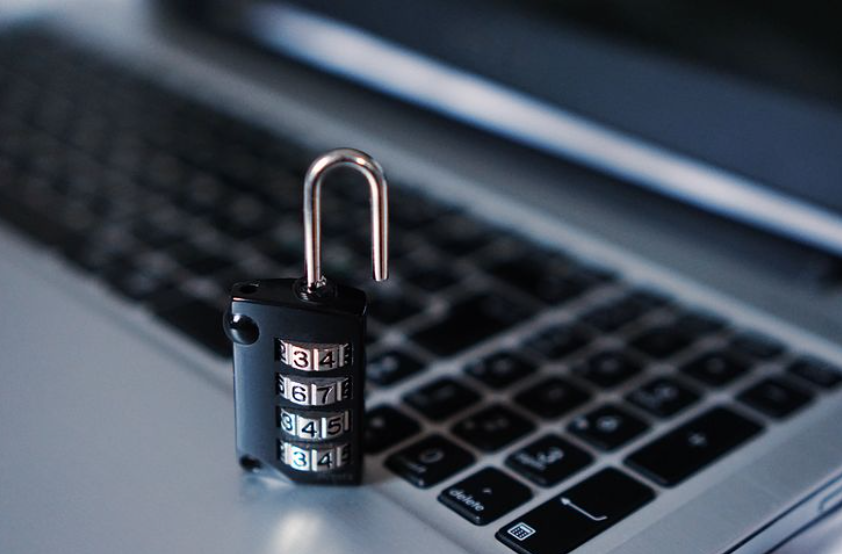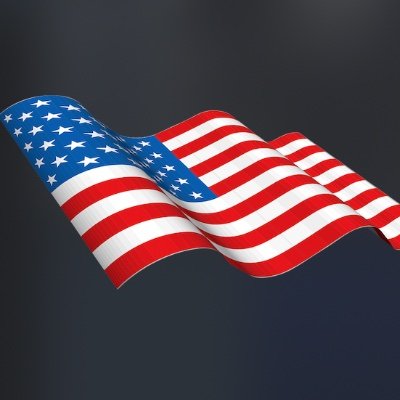Defense experts tell House panel China remains biggest cyberthreat

The commander of the U.S. Cyber Command told a House subcommittee Thursday that China remains the biggest strategic threat to the United States. Citing China’s state-sponsored cyber actors, Gen. Paul Nakasone told the House Armed Services Subcommittee on Cyber, Information Technologies and Innovation that the threat is growing and has global implications.
“The [People’s Republic of China] combines authoritarianism with a revisionist foreign policy and stands as the only competitor with both the intent and power to reshape the global order to its advantage,” Nakasone said. “Competition with the PRC takes place on a global scale, and although that contest remains below the threshold of armed conflict, it is nonetheless strategic in its effects and its implications.”
Cybersecurity and China have been hot-button topics lately in the wake of Chinese surveillance balloons soaring over the United States and fears that Chinese-owned TikTok can enable spying on American users. Shou Zi Chew, CEO of ByteDance, which owns the app, has repeatedly tried to downplay concerns about influence operations from China, saying that the company would not allow such a thing. U.S. lawmakers remain skeptical. On Thursday, Nakasone expressed concerns over the app.
During a House subcommittee hearing on Thursday, General Paul Nakasone, the commander of the U.S. Cyber Command, identified China as the most significant strategic threat to the United States due to its state-sponsored cyber actors. Nakasone further stated that the threat is expanding, with global implications.
According to Nakasone, the Chinese Communist Party combines authoritarianism with a revisionist foreign policy and is the only competitor with both the intent and the power to reshape the global order to its advantage. While the competition with China is below the threshold of armed conflict, the effects and implications are strategic and global.
Recently, cybersecurity and China have been hot-button topics due to concerns over Chinese surveillance balloons flying over the United States and the possibility of spying on American users by Chinese-owned TikTok. Although Shou Zi Chew, CEO of ByteDance, which owns the app, has tried to downplay concerns about influence operations from China, U.S. lawmakers remain skeptical. Nakasone expressed his concerns about the app during Thursday’s hearing.


